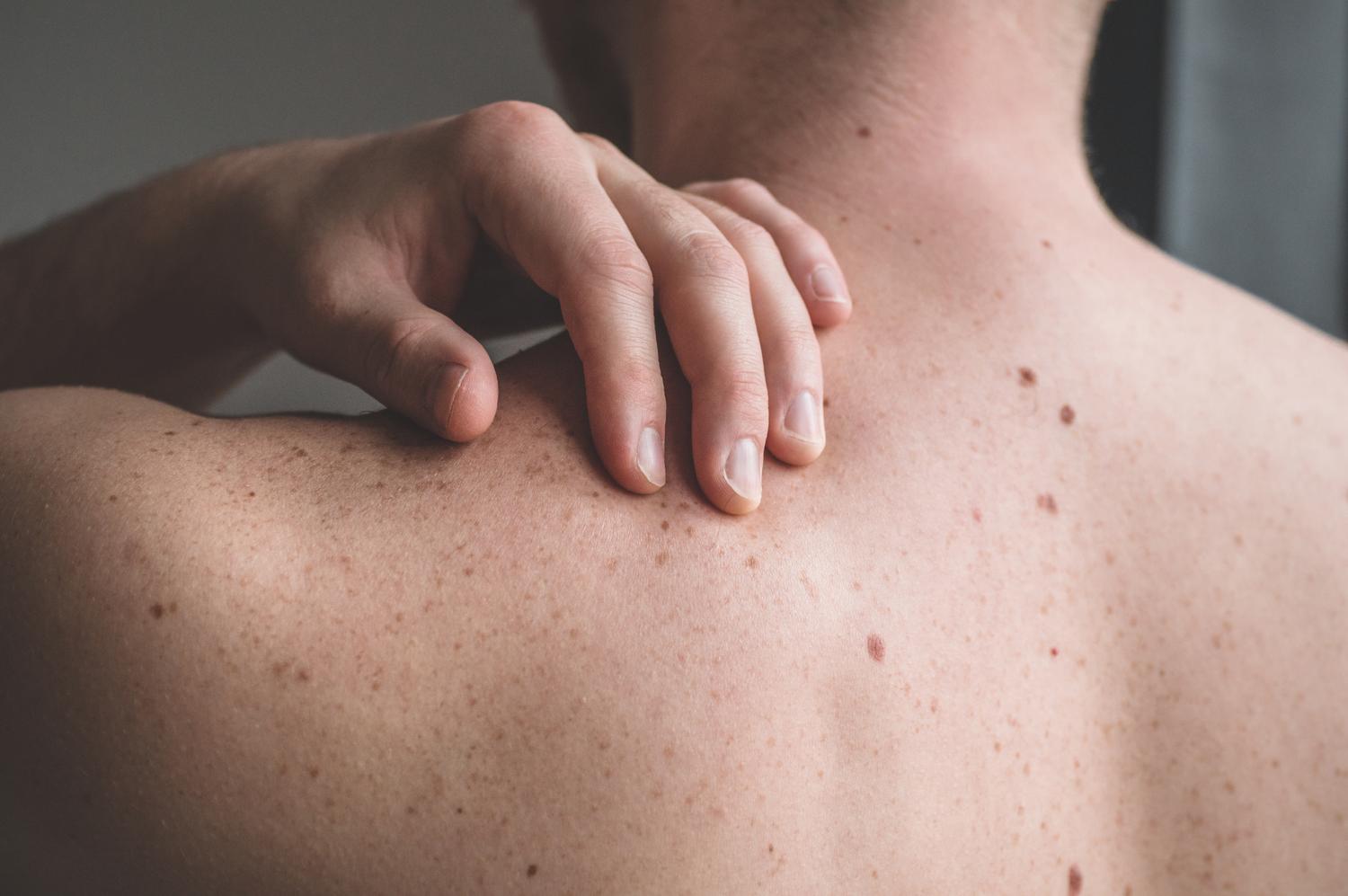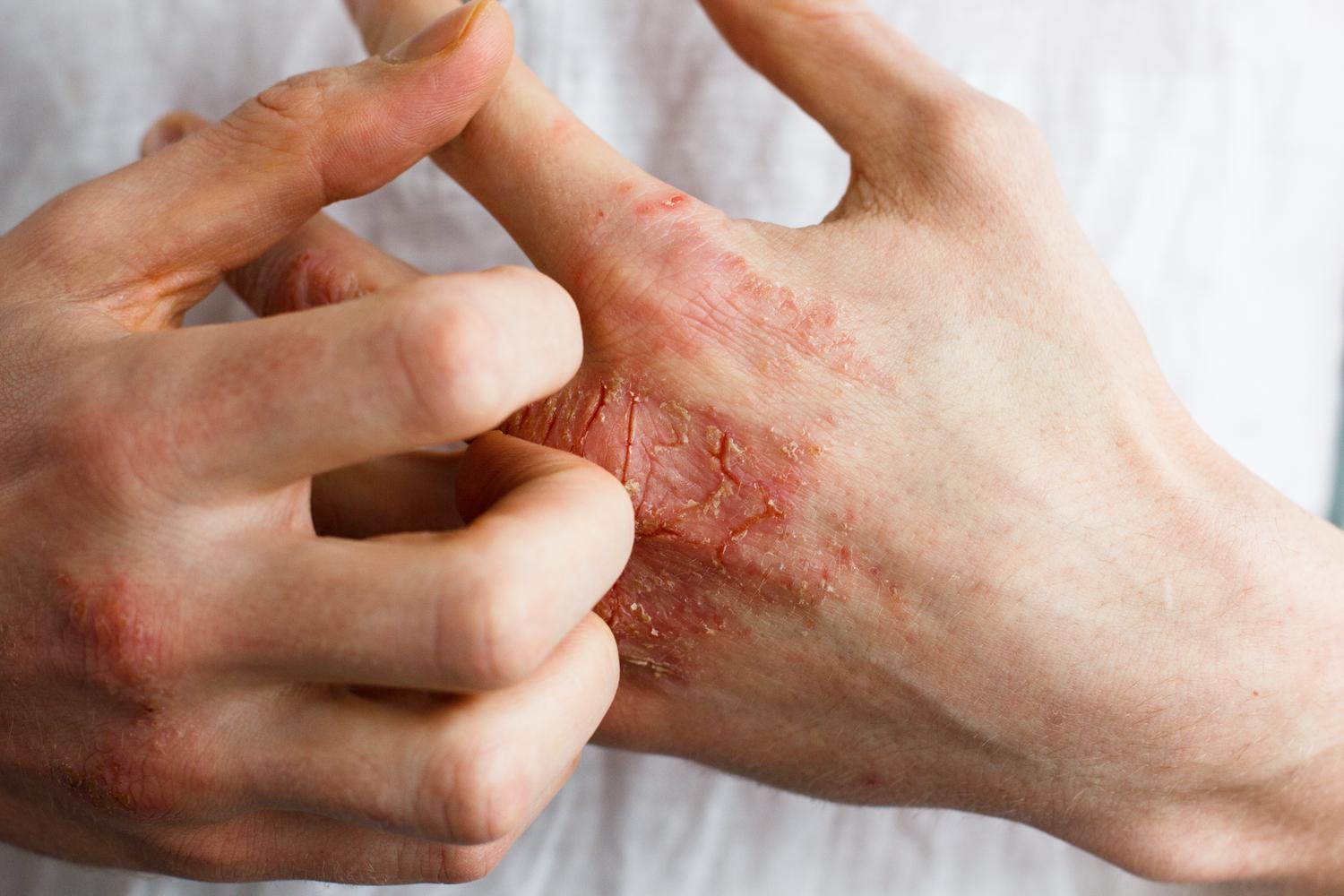Skin Cancer Awareness: Causes, Signs and Tips for Prevention
An estimated one in five Americans will develop skin cancer in their lifetime. Here's what you need to know about skin cancer causes, detection and prevention.
May is Skin Cancer Awareness Month, which serves as an opportunity to shine a spotlight on one of the most common cancers in the world. Melanoma rates more than doubled from 1982 to 2011, and it’s estimated that almost 187,000 cases of melanoma will be diagnosed in the U.S. in 2023. This data highlights that it’s never been more critical to be informed about skin cancer signs and prevention.
In this blog, we’ll explore the causes behind skin cancer, essential prevention strategies, and the vital importance of regular dermatology appointments for early detection and successful treatment.
What is skin cancer?
Skin cancer is a form of cancer that occurs when the cells in your skin mutate and begin to grow uncontrollably. It usually originates in the top layer of skin (the epidermis) and is primarily caused by overexposure to ultraviolet (UV) light from the sun or tanning beds.
There are three main types of skin cancer:
- Basal cell carcinoma: Basal cell carcinoma is the most common type and typically appears on areas of the body exposed to the sun, like the face or neck, as a waxy bump or a flat, flesh-colored or brown scar-like lesion.
- Squamous cell carcinoma: Squamous cell carcinoma is also commonly found on sun-exposed parts of the body and often presents as a hard, red nodule or a flat lesion with a scaly, crusted surface.
- Melanoma: Melanoma is the most dangerous type of skin cancer, but it is the least common. It can develop anywhere on the body, in normal skin or in an existing mole that changes in size, shape, or color. Melanoma often manifests as a large brownish spot with darker speckles or moles that bleed or change in color, size, or feel.
If detected early, basal cell and squamous cell carcinomas, also known as nonmelanoma skin cancers (NMSC), are extremely treatable. Melanoma also has a 5-year survival rate of over 99% if it’s detected and treated before it reaches the body’s lymph nodes. These significant statistics underscore the vital role of taking preventive measures (i.e. avoiding sun exposure and using sunscreen), self-examination and dermatology visits in skin cancer prevention and early detection.
What are the signs of skin cancer?
Self-examination is a critical tool in the early detection of skin cancer. Understanding your skin and being cognizant of any changes (including itching, bleeding, or irregular marks) can save your life. Regular self-exams, coupled with yearly dermatologist appointments, can help ensure that changes are detected as soon as possible. The American Academy of Dermatology's "ABCDE" guideline is an excellent tool to help identify warning signs of skin cancer:
Asymmetry: One half of the mole doesn't match the other. Border: The edges are irregular, ragged, notched, or blurred. Color: The color is not the same all over and may include shades of black, brown, or tan. Diameter: The spot is larger than 6 millimeters across, although melanoma can sometimes be smaller. Evolving: The mole is changing in size, shape, or color.
If you notice any of these signs, make an appointment with your dermatologist or a healthcare provider so that they can assess changes to your skin and determine if further action is needed.
What is the best way to prevent skin cancer?
There are a muriad of measures that you can take to protect your skin against skin cancer. Some of the most common methods are listed below:
- Protect yourself against sun exposure: Dermatologists universally recommend broad-spectrum sunscreen with an SPF (sun protection factor) of 30 or higher, used daily and reapplied every two hours when outdoors. Additionally, protective clothing, sunglasses and wide-brimmed hats offer physical barriers against the sun's harmful UV rays. Seek shade, especially between 10 am and 4 pm, which are typically considered peak sun intensity hours.
- Avoid tanning beds: Studies show that using tanning beds increases the risk of melanoma, especially if tanning beds are used frequently and at a young age. In fact, women who are younger than 30 are six times more likely to develop melanoma if they use tanning beds.
- Know your family history: Certain types of skin cancer, including melanoma, have shown genetic links. Having a first-degree relative (like a parent or sibling) who has had skin cancer can double or even triple your risk compared to those without such a history. If you have a family medical history of skin cancer, you can take proactive steps to manage this increased risk. For instance, you can schedule more frequent dermatology appointments for skin examinations, monitor your skin more frequently for changes and be more vigilant about sun protection.
- Perform regular skin exams: As mentioned above, self-examination is an easy and effective method for detecting skin irregularities. In fact, it’s so effective that nearly half of all melanomas are self-detected. You can examine your skin using a full-length mirror, and use a hand mirror to examine those hard-to-see or hard-to-reach places such as your back, scalp, neck and buttocks.
Why are regular dermatology visits so important?
Dermatologists are one of the best lines of defense against skin cancer. Regular skin check-ups with a dermatologist, ideally annually, can result in the detection of skin cancer at its earliest, most treatable stages. During these appointments, dermatologists employ their expertise to scrutinize your skin from head to toe, looking for any unusual spots, changes in existing moles, or signs of skin cancer.
If it’s been a while since your last dermatology appointment, or if you’ve been putting off a consult for that strange mole, remember that early detection can save lives. Make a date with your healthcare provider or book a video skin consult with a board-certified dermatologist on Sesame today - because your skin, the largest organ in your body, deserves your attention and care.









